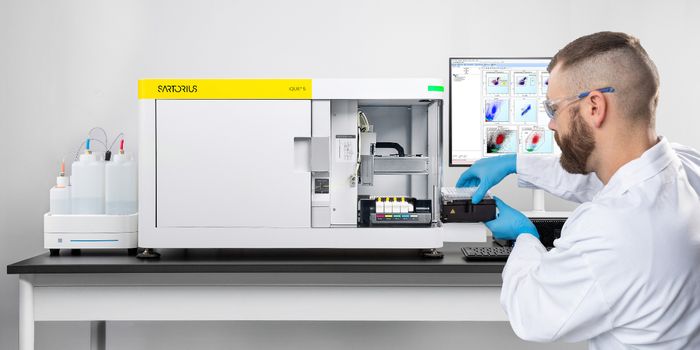Handheld device detects skin cancer
I can’t be the only one who has ever looked at a suspicious freckle and wondered, “Could this be skin cancer?” Of course, when 9,500 Americans are diagnosed with skin cancer each day, the fear is legitimate. However, the current process that dermatologists use to diagnose skin cancer is tedious, to say the least, involving magnifying glasses and scalpels and waiting for test results. But that could change, according to new research led by Negar Tavassolian, director of the Stevens Bio-Electromagnetics Laboratory at Stevens Institute of Technology.
The study, which was published in IEEE Transactions on Medical Imaging, spotlights a new technology that could be revolutionary in detecting skin cancer. "No other technology has these capabilities," said first author Mirbeik-Sabzevari. "This could be transformative."
The technology uses shortwave rays like those used in cellphones and airport security scanners to detect skin lesions and determine whether they are cancerous or benign. These millimeter-wave rays work by bouncing off of some materials and penetrating others, which is the key in the new technique. Because cancerous tumors reflect 40% more calibrated energy than healthy skin, the technique allows for the detection of skin cancer.
"We've shown proof-of-concept that this technology can be used for rapidly detecting skin cancer," said Tavassolian. "That's a major step forward toward our ultimate goal of developing a handheld device, which would be safe to use directly on the skin for an almost instant diagnostic reading of specific kinds of skin cancer -- including lethal melanomas -- based on their individual reflectivity signatures."
The researchers say that such a handheld device could cut the number of unnecessary biopsies in half and revolutionize the $5.3 billion diagnostic market for skin cancer by introducing an inexpensive diagnostic alternative. "In fact, it should be possible to keep manufacturing costs below $1,000, even at low production volumes," said Tavassolian "That's about the same as the magnifying tools already used by dermatologists, and an order of magnitude cheaper than laser-based imaging tools, which also tend to be slower, bulkier and less accurate than millimeter-wave scanners."
The researchers say that the devices could even have the potential to create real-time 3D images of tumors that could not only guide surgeons but also do away with the need for multiple trial-and-error biopsies. They could even eventually give basic diagnostic information as well, like a warning to get checked out by a doctor without needing a trained operator. "We could place these devices in pharmacies, so people can get checked out and go to a doctor for a follow-up if necessary," said Tavassolian. "People won't need to wait weeks to get results, and that will save lives." Mirbeik-Sabzevari hopes to continue this research and soon launch a startup to commercialize the scanners.
Sources: Science Daily, IEEE Transactions on Medical Imaging









